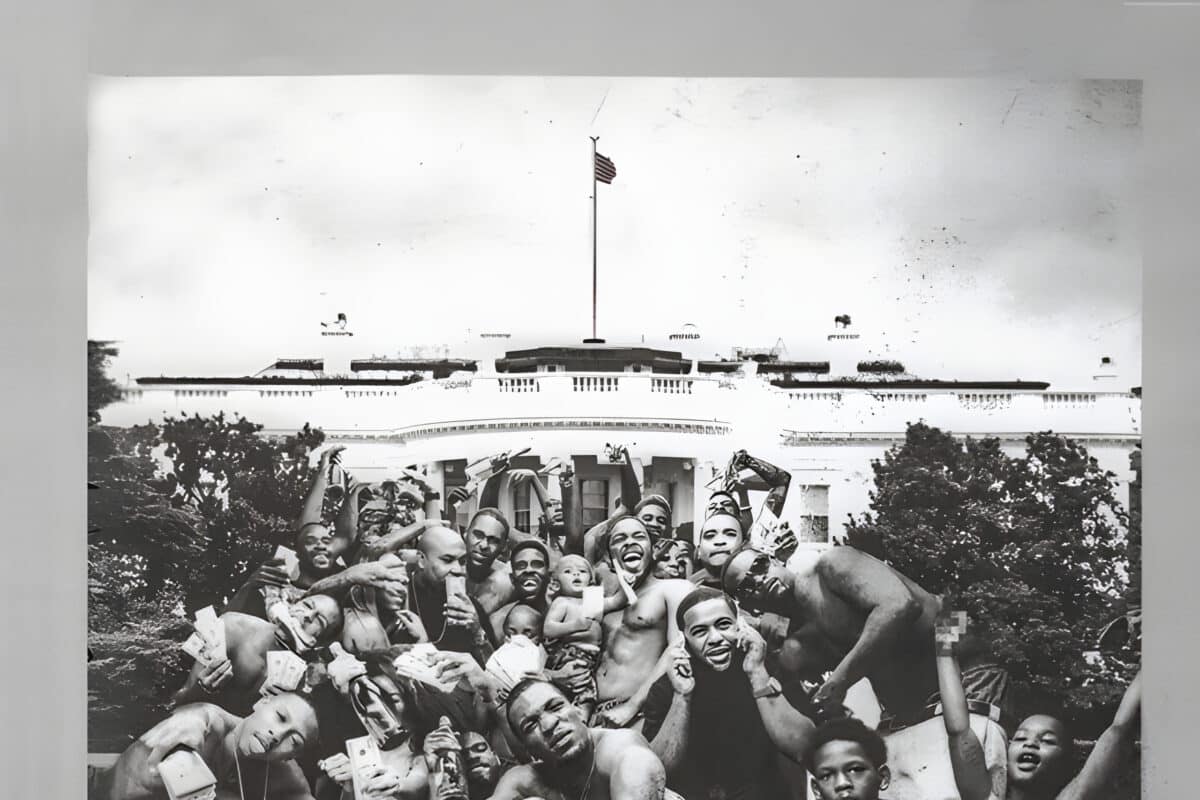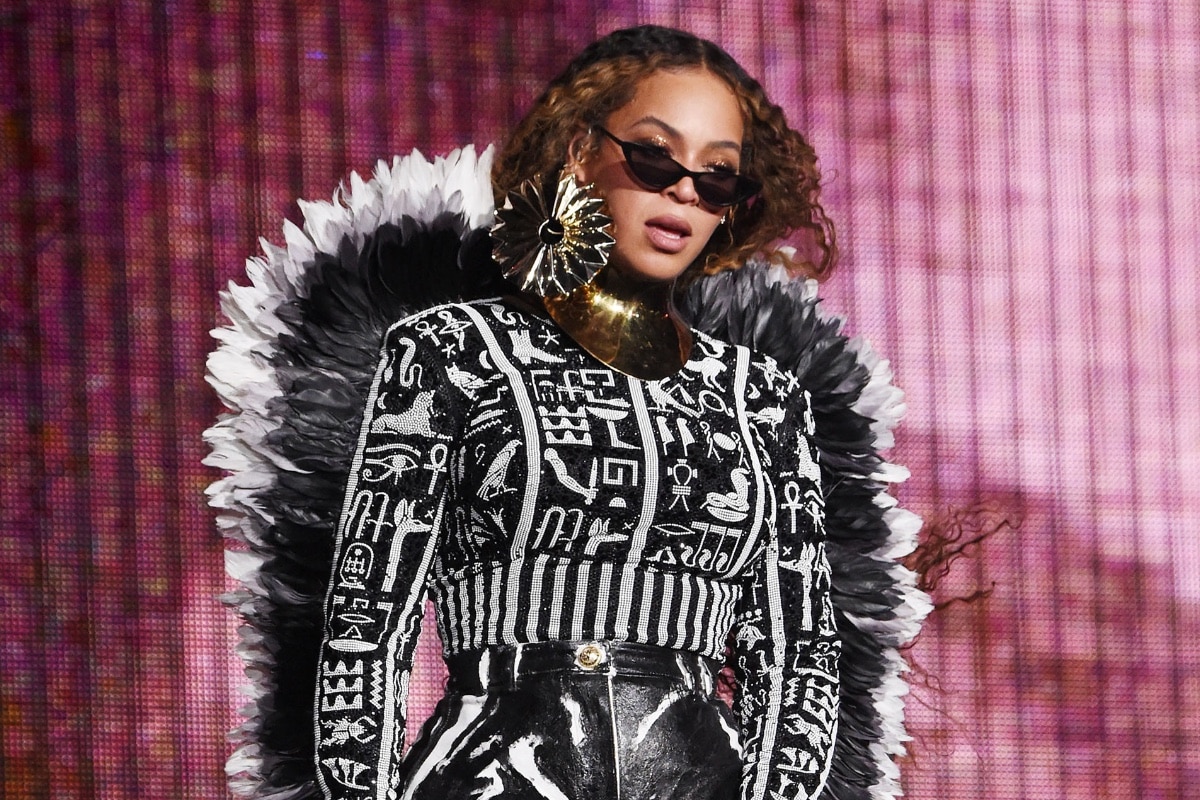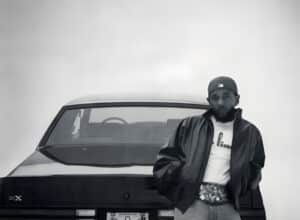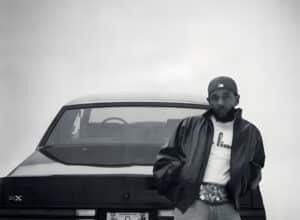Released: 2015
King Kunta by Kendrick Lamar is a thunderous track that combines the complexities of African-American history, the struggles within the hip-hop industry, and the personal journey of Kendrick himself. It’s a declaration of Kendrick’s dominance in the rap game while addressing the challenges and fakes that come with fame.
The song kicks off with Kendrick having a “bone to pick” with those who doubted him and now envy his throne. This phrase sets the tone for the entire track, as it’s about settling scores and asserting dominance. The reference to “monkey mouth motherfuckers” likely targets those Kendrick sees as fake or unworthy in the industry, trying to dethrone him. The introduction is a clear message: Kendrick is back and not to be messed with.
The heart of King Kunta lies in its chorus and verses where Kendrick juxtaposes his rise to fame with the story of Kunta Kinte, a character from Alex Haley’s Roots, symbolizing the struggle and resilience of Black men throughout history. “Everybody wanna cut the legs off him” speaks to both Kunta Kinte’s literal maiming and the metaphorical attempts to diminish Kendrick’s success and power. The yams, referencing Ralph Ellison’s Invisible Man, symbolize the corrupting influence of power and are used to question the authenticity and integrity within the hip-hop community.
When Kendrick talks about contemplating “gettin’ on stage, just to go back to the hood see my enemies and say,” it showcases his desire to confront those who doubted him directly, now that he has made it. This part highlights Kendrick’s journey from the bottom to the top, emphasizing how his success is a form of revenge against his detractors. The references to Richard Pryor and Bill Clinton serve as examples of how power and desire can lead to one’s downfall, reinforcing the track’s contemplation on the nature of success and power.
As the song progresses, Kendrick’s lyrics “I was gonna kill a couple rappers but they did it to themselves” suggest that his competition is self-destructing, making his path to supremacy easier. He proudly claims Compton, his hometown, projecting a future where his influence could extend beyond music into politics. The lines “I made it past 25 and there I was, a little nappy headed nigga with the world behind him” underscore his survival and success against the odds, given the systemic barriers faced by young Black men in America.
By the track’s end, King Kunta transforms into an anthemic call for the “funk,” a metaphor for realness, authenticity, and the struggle for freedom and identity within and beyond the music industry. This final section ties back to the song’s broader themes of liberation, resilience, and the unyielding quest for genuine recognition and respect.
Ultimately, King Kunta is not just a song; it’s Kendrick Lamar’s powerful statement on race, power, and authenticity in the face of an industry and society that often seeks to “cut the legs” off Black success. It’s a masterful blend of personal vendetta, cultural commentary, and historical reference, making it a standout track in Kendrick’s discography.








